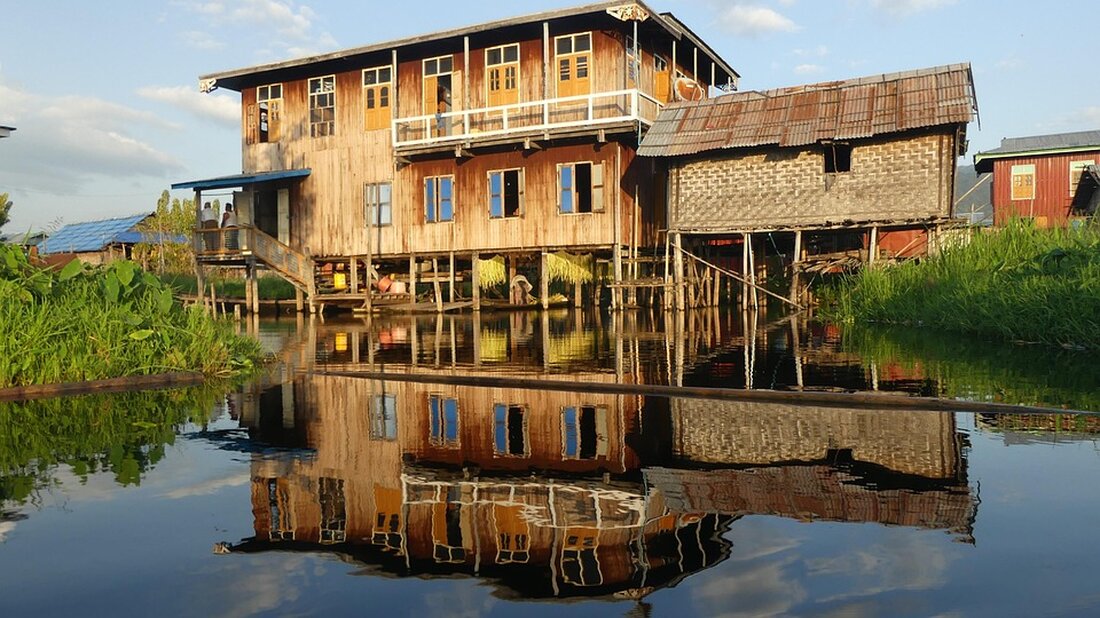Military Junta stages elections despite the UN intermediary for atrocities
Myanmar's military junta wants to reposition and keep elections, while UN exploits provide evidence of increasing atrocities. A huge conflict between power and human rights is imminent.

Military Junta stages elections despite the UN intermediary for atrocities
In Myanmar, evidence of serious human rights violations, including the torture of children, are increasingly increasing. While the country's military generations are trying to redesign their regime and hold staged elections in a country that only control them, the reality for the local people remains dark.
The military influence in Myanmar
The Junta has lifted a four -year emergency that was imposed during the 2021 military coup and formed a transitional government to rule the war -plagued country until the formation of a new parliament after a national election. However, analysts only see these measures as cosmetic changes that are supposed to give the regime a democratic face while it continues to hold onto power.
Elections as a tool for maintenance
The elections planned for December 2025 and January 2026 are widely considered a farce and serve the Junta as an instrument to use one Sham democracy to lend and gain international recognition. The reporting on systematically applied torture and attacks on civilians shows that the military continues its repression while it also states to respect democratic principles.
Brutal reality of military rule
The UN investigators have collected evidence of systematic torture against arrested persons, including children who were often detained instead of their parents. The military prisons are locations of cruel human rights violations, including sex violence and other abuse. The military leadership has rejected all allegations and declared that they are directed against "terrorists".
An illegitimate choice
The Junta itself claims that their election goals are the creation of a “real, disciplined, multi -party democratic system”. But with most pro-democratic MPs in exile or in prison, a fair choice is excluded, say observers. The United States and numerous western countries do not recognize the Junta as a legitimate government, and the election was convicted by several governments in the region, including Japan and Malaysia.
Choose under threat
The conditions for the choice are already worrying. In many parts of the country, voters could vote in an active conflict area, possibly under the watchful eye. Junta attacks have forced millions of people to flee in recent years, and there is afraid that those in areas controlled by the Junta are put under pressure or forced their vote.
The opposition is formed in exile
The national unit government, an administration acting in exile, sees itself as the legitimate government of Myanmar and has asked the population not to take part in the election. At the same time, there is signs that the military tries to consolidate its power in the areas that it controlled, which could cause further resistance.
A new coat of paint for old methods
Min Aung Hlaing, the military leader, recently launched a new government agency, the National Security and Peace Commission (NSPC), which replaces the previous state administration. Critics claim that this is nothing more than an old trick - “old wines in new hoses”. Myanmar has been ruled by military regimes in succession since 1962, making the country a impoverished state shaped by long -lasting uprisings.
The risk of international misinterpretation
Analysts warn that the military could try to regain international relations by proclating a civilian government. Russia and China in particular are important supporters of the regime. In the meantime, supporters of democracy warn of international recognition of the Junta and a choice that will never be accepted by the population.
The humanitarian situation in Myanmar has deteriorated drastically. Education and health care are on the ground, while the military Junta has exhausted all resources. An actual improvement in the living conditions of the local people remains unlikely. The international community is required to carefully observe developments in Myanmar and not to be fooled by the staged election processes.

 Suche
Suche
